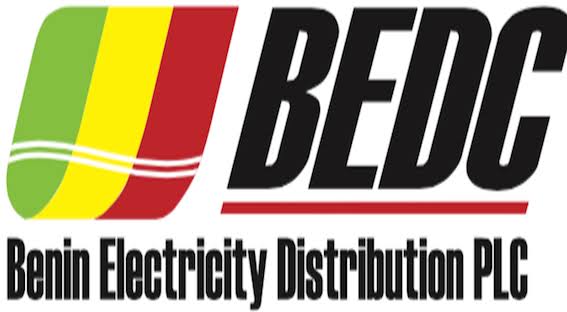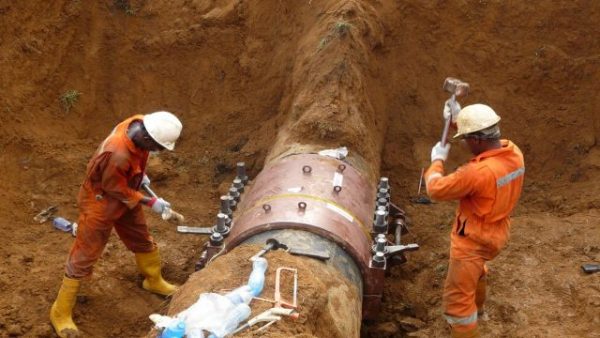Buhari approves, releases N41.6bn take-up grant for presidential power programme
The President, Major General Muhammadu Buhari (retd.), has approved and released $100m (N41.6bn at the official exchange rate of N415.63/$) as a take-up grant for the Presidential Power Initiative, it was gathered on Friday.
It was also learnt that the $100m was part of the $200m approved by the President for the programme, as the balance alongside additional would come on a later date.
The PPI is an initiative of the Federal Government conceived during a meeting between Nigeria’s President and German Chancellor, Angela Merkel, on August 31, 2018.
It was conceived as a three-phase initiative to rehabilitate and expand Nigeria’s electricity grid through improved generation, transmission, and distribution
The Federal Government had to establish a special purpose vehicle, the FGN Power Company, to own and execute the PPI.
A document obtained from the company in Abuja on the financing for the power programme indicated that billions of naira had already been released for the initiative.
It read in part, “FGN Power Company has already received the sum of $100m out of $200 million from the Ministry of Finance as approved by the President, being the take-up grant for the PPI implementation.
“The balance of $100m alongside additional funding required for the 15 per cent counterpart funding estimated to be made available to FGN Power Company in line with the July 2020 Federal Executive Council’s approval.
“The financing for the offshore will be sourced from German banks at a concessionary rate, which will be guaranteed by the Euler Hermes (German Export Credit Agency).”
It added, “The loan from German banks will fund 85 per cent of the offshore project cost, while the counterpart funding of 15 per cent is to be provided by the Ministry of Finance through the FGN Power Company.
The document further stated that the Federal Government had committed to making huge initial investment under the PPI as a convertible loan on behalf of the power distribution companies, given their inability to secure requisite investments for the upgrade and modernisation of their networks.
“The FGN Power Company will subsequently on-lend the project cost to the Discos and Transmission Company of Nigeria, with the repayment coming from the beneficiaries’ revenue from the market,” the report stated.
Media had reported last week that the total funding requirement for the first phase of the Presidential Power Initiative was €2.3bn (N991.99bn at the official exchange rate of N431.3/€), as the fund would be deployed in revamping the country’s power sector.
Nigeria’s electricity grid has been characterised by frequent collapse lately, plunging the country into darkness repeatedly.
The national power grid has collapsed about five times this year, twice in March and twice in April, before it recorded another collapse early this month (June).
To avert this and ramp up national power generation above the persistent average of 3,500 megawatts, the government in partnership with Germany came up with the PPI.
“The PPI is a government-to-government initiative, Nigeria and German government. It is being deployed in phases and we are now in phase one, to raise power generation to 7,000MW,” the Minister of Power, Aliyu Abubakar, stated recently in Abuja.
He added, “We are taking up the transmission and distribution parts in phase one. So the distribution part is involved. We have a lot of transformers in it. The transformers are over 2,800 which are to be deployed nationwide.”
In the FGN Power Company’s document, it said the PPI would modernise and upgrade power transmission and distribution infrastructure across the country by 2025.
“By investing billions of dollars into grid infrastructure, data systems, and skilled operators, the PPI will improve power delivery and spur economic growth,” it stated.
The company added, “During Phase I, the PPI will focus on ‘quick-win’ measures to increase end-to-end operational capacity to 7GW (seven gigawatts). By the end of the PPI, the grid will reach 25GW capacity, therefore quadrupling today’s capacity.”








